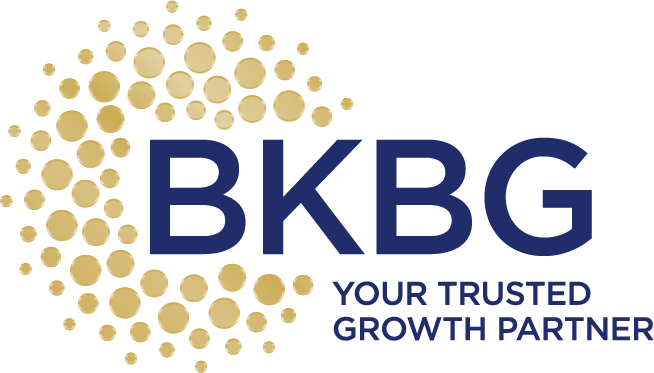Procrastination Assassination

There is a reason that the opposite of play is work. And sometimes when the work is more taxing and challenging most of us are likely to put off projects that need to get done. Why do something now that you can put off to the last minute? A primary reason why we procrastinate, writes Heidi Grant Halvorson, is that we lack confidence. We are afraid we will screw up. She notes that there are two ways to look at any task. You perform it to garner benefit whether that is to impress a customer, a boss or to stand out from a crowd. Alternatively, you take a defensive posture and perform a task in order to avoid losing something. Think of regular exercise. You do it to prevent your body and fitness from going to hell. Halvorsen suggests that you can overcome the fear of failure by considering the consequences of not performing the task at all. Is that worse than failing?
Another reason we procrastinate is that we’re not in the mood. The reason you don’t make those 10 cold calls on builders every day is not because there is a block on your phone. You just don’t feel like picking up the phone (fear of failure, they won’t take your call, you’ll get rejected, etc.). Halvorson believes that the reason we don’t pursue certain tasks such as cold calling is because emotionally, we aren’t motivated to do so. It does not make a lot of sense, “yet on some level you need to be committed to what you are doing – you need to want to see the project finished.” The point is you don’t need to feel like doing something to get it done. You have to take Nike’s advice. Just do it.
The third reason we procrastinate is that the task at hand is difficult, boring or simply not pleasant. We tend to fool ourselves by relying on willpower to achieve a goal. Willpower is limited and unreliable. Halverson advises using an if-then planning technique. It works like this. You not only decide what you need to do to complete a task, you also determine where and when you will start and finish the project. Halverson states that if-then planning reduces the need to rely on will power because you already decided when and where you will begin. She points out that using this technique increases goal attainment and productivity by more than 200 to 300% on average.
